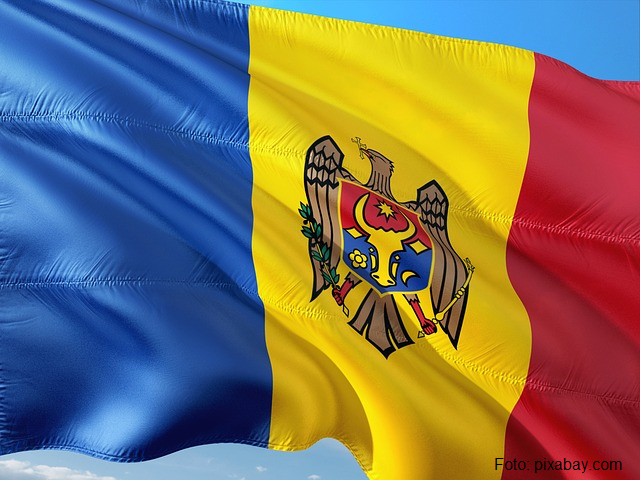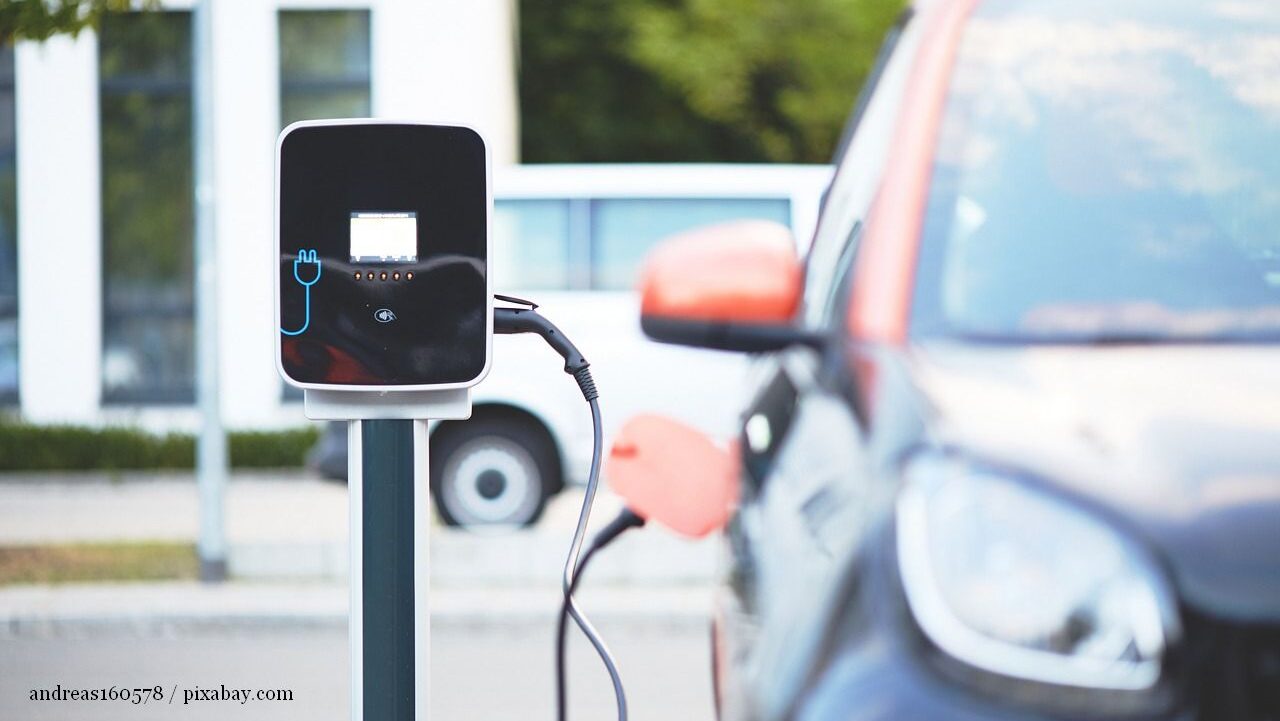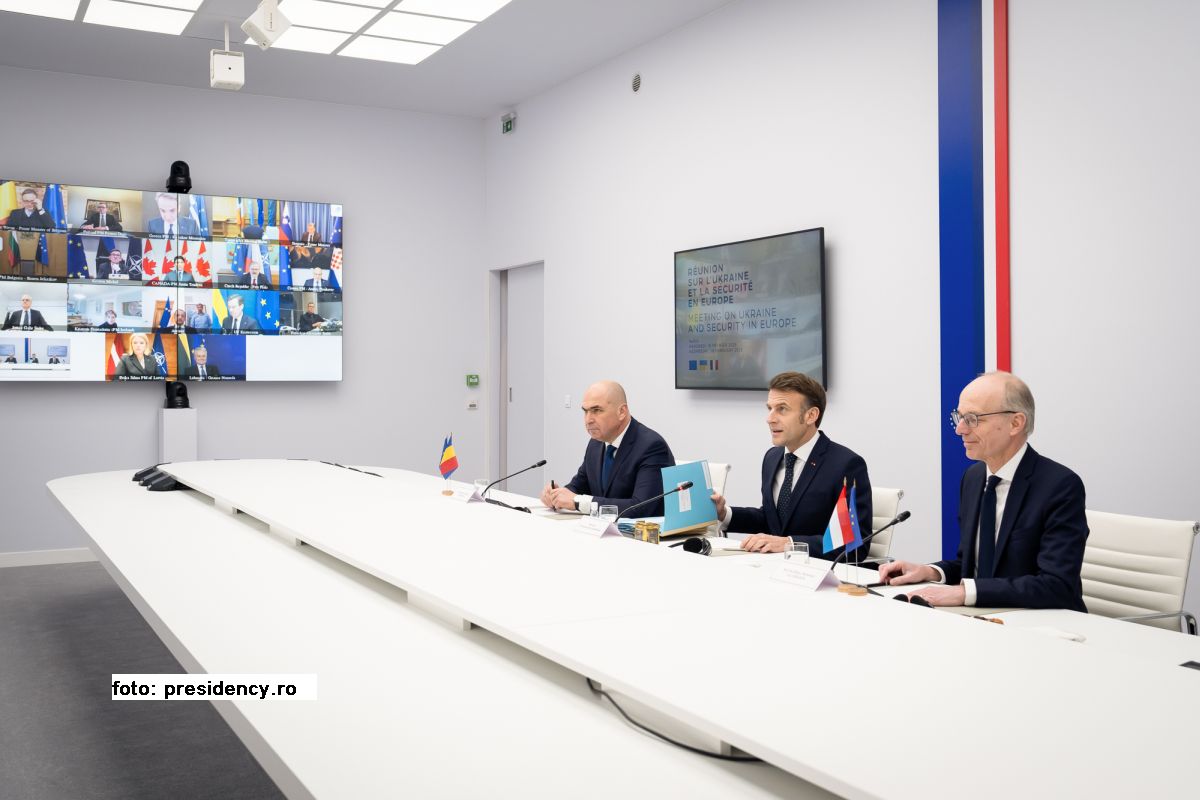Moldova – 30 years of independence
Identity dilemmas and geopolitical confusion are still present in Chisinau thirty years after Moldova proclaimed its independence.

Bogdan Matei, 27.08.2021, 14:00
On August 27, 1991, after the neo-Bolshevik coup in Moscow had failed, the parliament in Chisinau, picketed by hundreds of thousands of protesters, voted the declaration of independence from the Soviet Union. Moldova had been built on eastern Romanian territories annexed by Stalin in 1940. On the same day, Romania was the first country to recognize its neighbor as a new state. Bucharest continued to be the most active and constant supporter of Moldova’s sovereignty, territorial integrity and EU integration. After the signing of the association and free trade agreements by Chisinau and Brussels in 2014, Moldovans were allowed to travel visa-free in the EU and their companies were able to make exports to the community market in very good terms.
A declared pro-Westerner, Moldova’s President Maia Sandu and her newly installed government headed by Natalia Gavrilita and formed by the presidential Action and Solidarity Party, which won by a wide margin last month’s early elections, are also firm supporters of the European integration. Nevertheless, the pro-Russian opposition, led by two former heads of state, the socialist Igor Dodon and the communist Vladimir Voronin, who are openly anti-Romania and anti-Europe, wants to put the country back on Moscow’s orbit.
Sandu and Gavrilita on the one hand, Voronin and Dodon on the other, each supported by important shares of the electorate, are representative for the political, geopolitical and moral division within the Moldovan society. The causes are painful and deep. When Stalin annexed Romania’s eastern territory, hundreds of thousands of Romanian ethnics fled to Romania while others were deported to Siberia and Kahahstan. These people were replaced by colonists recruited from all parts of the empire.
Moldova’s former Ambassador in Bucharest, Mihail Gribincea, warned that today’s republic, much more divided in political, administrative, ethnical, linguistic and religious terms, is no longer the Romanian province from the inter-war period. The most serious consequence of half a century of occupation is that, although the Republic of Moldova got free from the Soviet Union, as far as mentalities are concerned the Soviet Union is still very much there, Gribincea said.
Last year, when she was elected president, Maia Sandu became not only the first woman president of Moldova, but also the head of the poorest state in Europe, according to all expert reports. Sandu and her government took over an administration riddled with corruption, suffocated by the political clientele of former president Dodon. Still, the most important allies of the new president are the citizens of the country, the European Union and, of course, Romania. (EE)






























